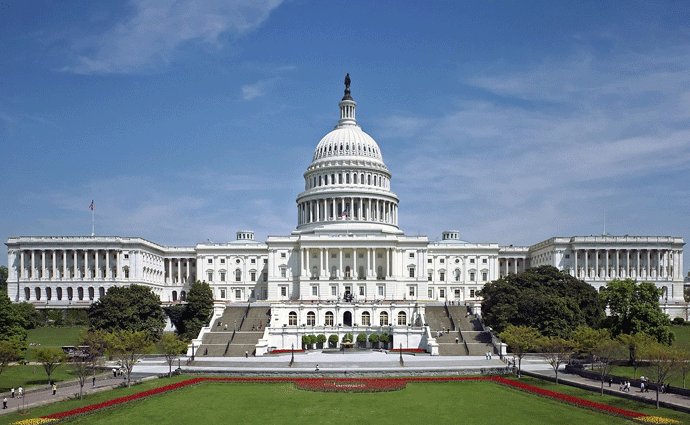AHIP, AMA, AHA to Congress: Fund Cost Sharing Reductions to 2019
Major stakeholders including AHIP, AMA, and AHA urged Congress to fund cost sharing reductions for the next two years.

Source: Thinkstock
- AHIP, AMA, and AHA and four other healthcare organizations urged Congress to continue funding cost sharing reductions (CSRs) through 2019, warning of continued instability in the health insurance marketplace and higher premiums if the CSRs were cut.
The letter was issued in response to the Senate Committee on Health, Education, Labor, and Pensions’ recent hearing on stabilizing health insurance premiums and the individual insurance market.
“Persistent uncertainty about CSR funding is a significant driver of current market instability— pushing premiums higher and resulting in fewer choices for individual market consumers,” the organizations said.
“According to the most recent analysis by the Congressional Budget Office, eliminating CSR benefits would increase average premiums for benchmark silver plans by 20 percent in 2018 and by 25 percent in 2020, increase the federal budget deficit by $194 billion over the next 10 years, lead to fewer plan choices for consumers, and greatly increase the risk that some consumers would be left with no insurance options in certain states and geographic areas,” the letter added.
The CSRs subsidize more than $7 billion in healthcare costs, allowing payers to provide care required by the Affordable Care Act to low-income and higher-cost beneficiaries.
In an earlier letter to the President and Congress, AHIP emphasized that removing the CSRs would lead to health plans dropping out of marketplaces, a rise in premiums for consumers, and an increase in healthcare costs.
The organization made similar statements in its more recent communication, as well.
“The CSR program makes it more affordable for patients to receive needed medical care and services by reducing deductibles, copayments, and out-of-pocket maximums,” said the latest letter. “As a result, providers can better serve the needs of their communities and employers do not needlessly face higher costs to provide coverage to their employees.”
During the recent Senate hearing, insurance commissioners from several states explained how ending the CSR payments would negatively impact consumers in their regions.
Pennsylvania Insurance Commissioner Teresa Miller said that payers in her state would have to drastically increase premiums in order to participate in the state’s insurance market.
“When rates were initially filed, I asked our insurers to provide information on what they would need to request if cost-sharing reduction payments were not made or if the individual mandate was not enforced,” Miller said.
“The differences are stark. If cost-sharing reductions are not paid, they estimated that they would need to request a statewide average increase of 20.3 percent. If the individual mandate is not enforced, they said they would seek an estimated 23.3 percent increase. If both changes occur, our insurers estimated that they would seek an estimated increase of 36.3 percent, assuming they continue to participate in the market at all.”
Mike Kreidler, the Washington State Insurance Commissioner, added that the cost-sharing reductions help consumers enroll and purchase coverage.
“Cost-sharing reductions are not insurance company bailouts; they benefit lower-income people and families by directly reducing their health care costs,” Kreidler said. “For those who struggle to meet basic needs such as food and housing, cost sharing reduction payments will make a difference in whether they decide to purchase insurance.”
Alaska Insurance Commissioner Lori Wing-Heir agreed that keeping the CSRs in place would be a benefit to low-income families.
“Uncertainty destabilizes the market,” she said. “Committing to funding cost sharing reduction payments through at least 2019 will keep premium rates from increasing at an even higher rate.”
Failing to address the uncertainty created by keeping the market in suspense over whether the CSRs will be paid will have long-term effects on the insurance landscape, warned AHIP and the other signatories of the letter.
“Without two years of CSR funding, uncertainty will persist and the Congress will need to address these same issues early next year,” the organizations said.
“By committing to CSR funding for two years, it would go a long way to bring much needed stability to the individual market and promote access to more affordable coverage and choices for millions of Americans.”
